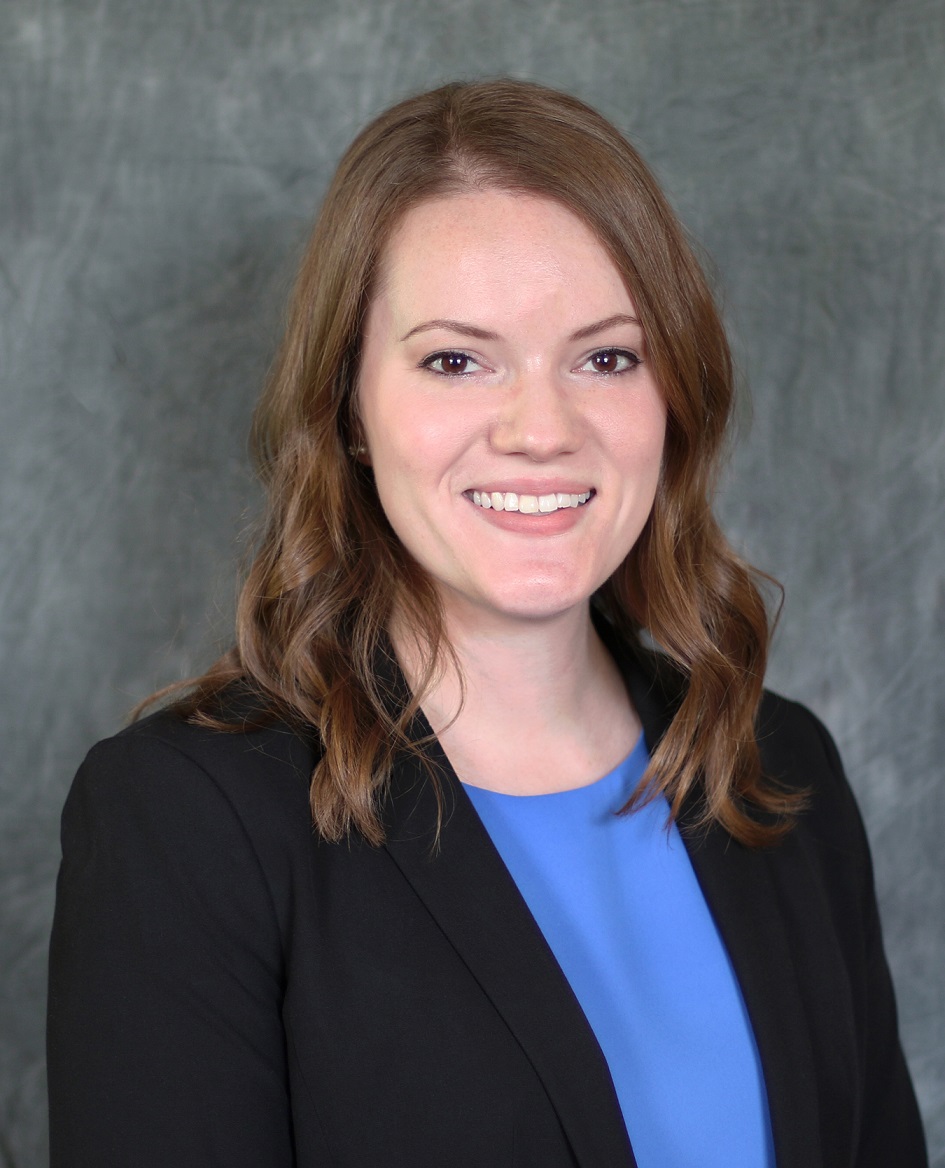The Problem with Regulatory Capture
Earlier this year, Missouri took a huge step forward by allowing licensing reciprocity. But there are still problems with occupational licensing. Many of Missouri’s occupational licensing boards, such as the Cosmetology and Barber Licensing Board, are dominated by license holders, meaning that the regulators are also the ones being regulated. Economists call this regulatory capture, and a “captured” agency can negatively affect the industry and consumers.
Missouri’s Cosmetology and Barber Licensing Board is designed to consist of 11 members (though there are only 9 currently): 7 members who hold either a cosmetology or barber license (only 5 currently), 2 members who own accredited cosmetology or barber schools, and 2 members of the public. With these numbers, this board is dominated by license holders, and they have the influence to make one of two things happen: They could relax regulations and make things easier for themselves as licensed workers, or they could make regulations stricter and make it harder for others to enter into the industry. More often, we see the latter occurring because license holders don’t want more licensed workers in the market—that’s just more people competing with them for customers. And stricter regulations can translate into fewer options and higher prices for consumers.
Of course, those in the industry have specific knowledge, which could be helpful in creating rules and regulations for a given industry. However, it’s difficult to reconcile this with the fact that those in the industry have direct self-interest in keeping the barriers to entry high.
If regulators are creating and enforcing regulations based on their interest and not the interest of the public, we have a problem. This isn’t to say that this is definitively happening with the Cosmetology and Barber Licensing Board, but the incentive is there. Occupational licensing puts a burden on workers and consumers, and if there are additional problems such as regulatory capture, Missourians may be burdened even more. It may be time to rethink some aspects of occupational licensing, such as the structure of the boards or if these occupations need to be licensed at all.


